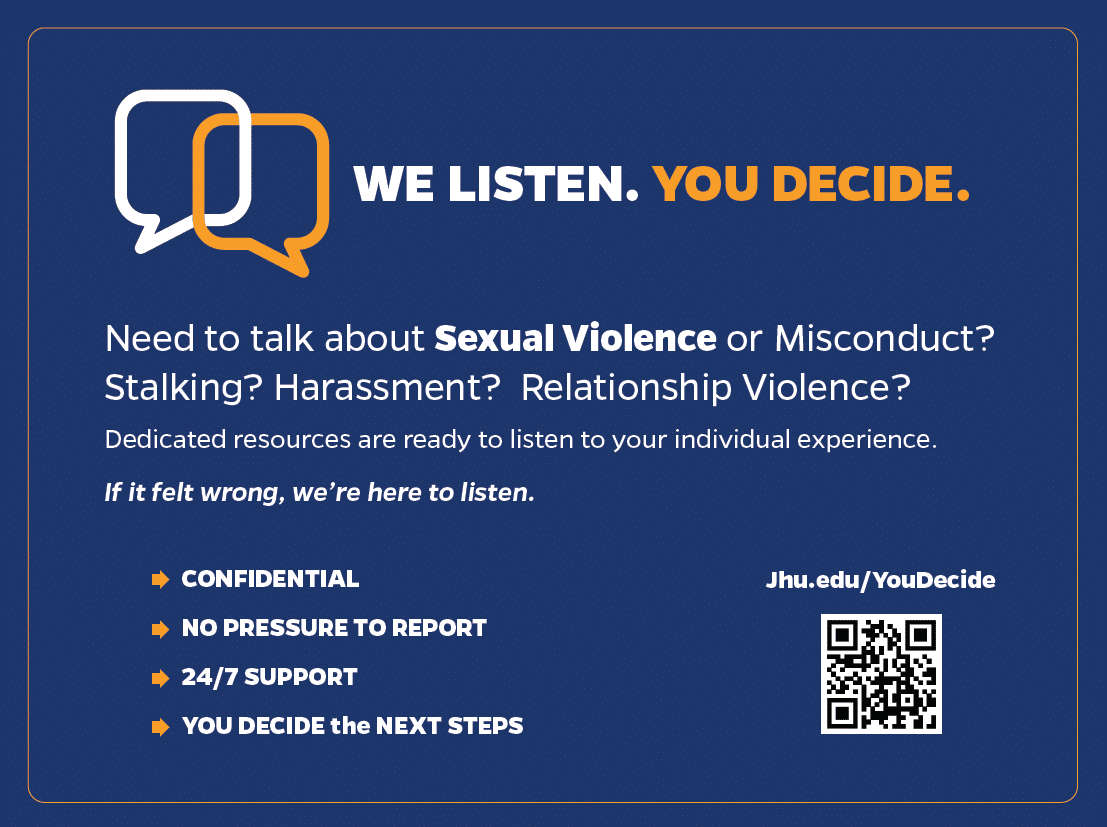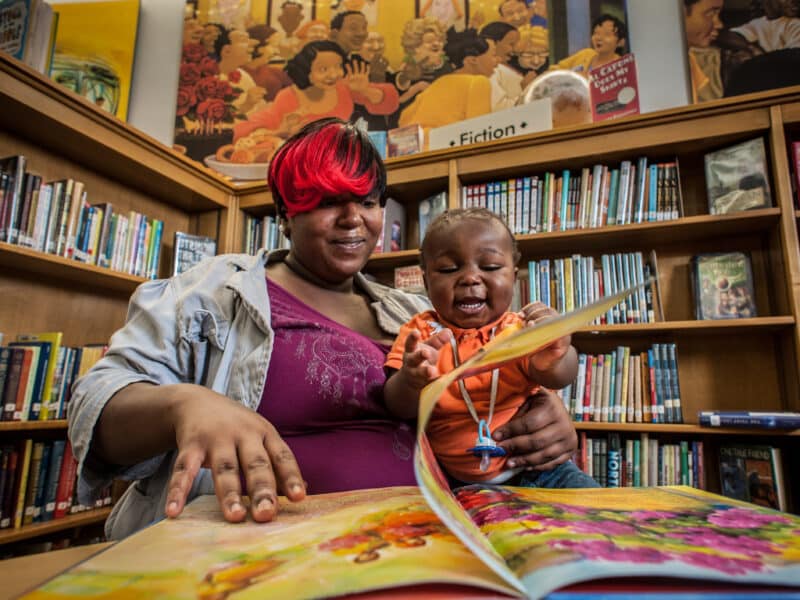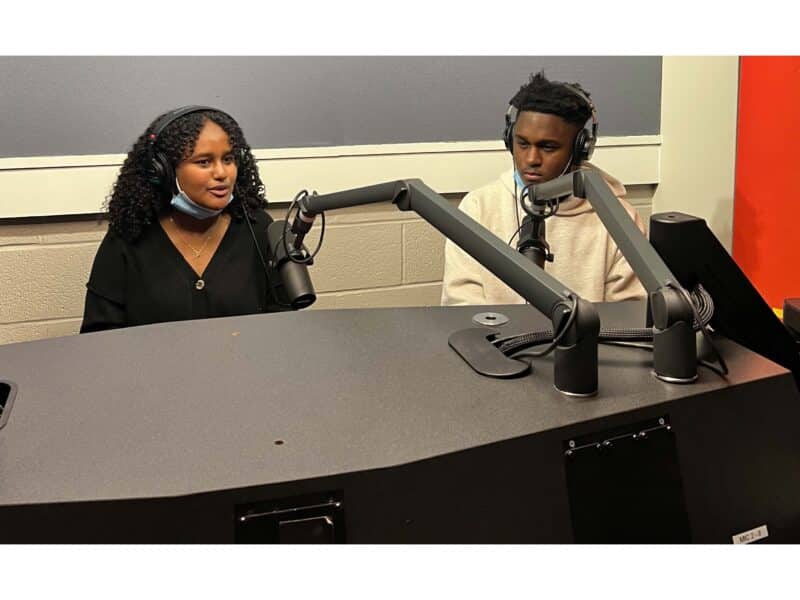Survivors of sexual violence on college campuses are often afraid and have a lot of questions: Why did this happen? Was it a crime? Can I get help without alerting the authorities? Is there someone to talk to without committing to a police investigation?
A new campaign developed by the Johns Hopkins Center for Communication Programs is hoping to provide quick access to confidential resources to students at Johns Hopkins University who may otherwise be fearful of coming forward to get themselves the help they need. CCP created the slogan “We Listen. You Decide,” which aims to make it easier for students to understand what confidential resources are available, give them a sense of agency as they explore resources, and to streamline the process for students to access those resources.
“Johns Hopkins students were not necessarily aware of the many resources that are available to them related to sexual violence and sexual misconduct,” says CCP’s August Summers, who co-led the campaign development work and worked closely with the university’s Sexual Violence Advisory Committee. “This was an opportunity to make things smoother, especially at what can be a very challenging time.”
Summers and CCP’s Erica Nybro will be presenting their work researching the issue and developing a campaign hand-in-hand with a diverse group of students at the American Public Health Association’s Annual Meeting in Atlanta this week. This student-centric approach enabled the team to hear directly from students about their confusion, helplessness, and mistrust about sexual misconduct – and better understand what they need to feel more secure.
One key finding: A need to restore a sense of agency to support students to understand their options, then allow them to decide what comes next. Many said there is a fear of talking about what happened to any official channels – to the detriment of the mental and physical health of those who were victims – for fear that any conversation could escalate the situation to an academic or criminal level.
“Students feel that they have no options once they report to the university, that once they report the incident, they don’t really know what happens after that and they lose control of the situation,” says CCP’s Alison Pack, another staffer involved with developing the campaign.
That’s why they are blanketing the campus with flyers and stickers and magnets telling students about the many confidential resources available through a 24/7 hotline. “Need to talk about Sexual Violence or Misconduct? Stalking? Harassment? Relationship Violence?” reads one. “If it felt wrong, we’re here to listen.” Reads another: “Confidential resources are ready to listen. You decide the next steps.” The team hopes that, in the future, the hotline gets a texting feature, because college students are much more comfortable communicating that way.
Another finding was that there’s really no agreed upon definition of what sexual violence is, and there’s a lot of gray area about what that means. “We are telling students that if it felt wrong, they should feel ok talking to someone,” Pack says. “We want to make sure that students can trust their instincts.”
Nybro says that, as she and the others developed the campaign, it was hard to get information from other universities about how they handle these concerns.
“Universities are not always eager to advertise sexual assault resources because it’s an acknowledgement that sexual assault does happen on campus,” Nybro says. “But sharing of resources and research around what works should be celebrated. We know sexual violence and misconduct happen. Universities should be commended for having transparent, student-focused conversations about it.”





